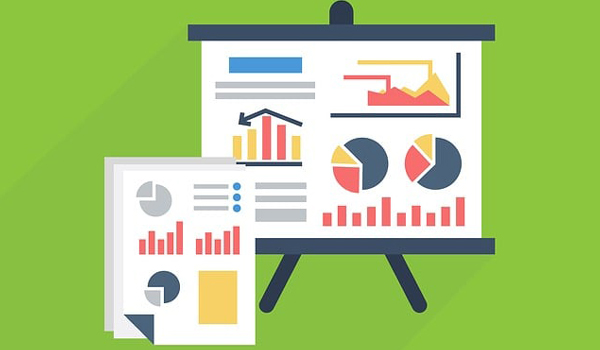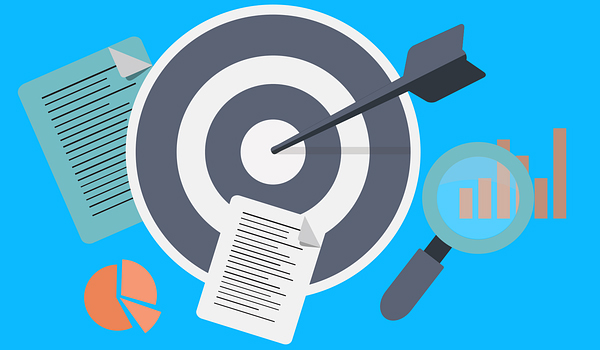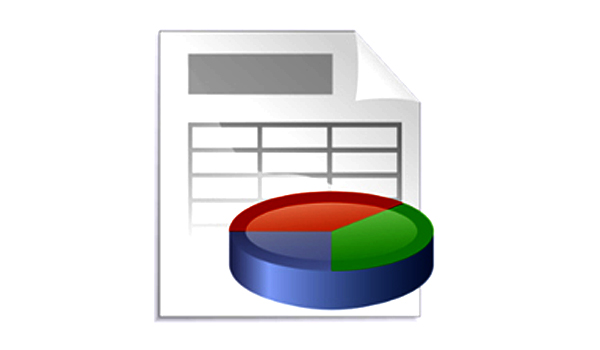Find Best Marketing Analytics Software for Your Business
We help you find the right Marketing Analytics Software for your business.

Browse Popular Marketing Analytics Software
Up-to-date listing of Marketing Analytics Software to assist you throughout your software selection and purchase journey.
Marketing Analytics Software
Explore best Marketing Analytics Software for your business.
Marketing analytics software
Marketing analytics software s a type of software which helps marketers in their marketing campaigns and strategies. It helps analyze and measure the effectiveness of their marketing campaigns and strategies. This software provides insights into customer preferences, behavior, and trends. It allows marketers to make data-driven decisions to optimize their marketing efforts.
Some common features of marketing analytics software include:
Data collection: The Marketing analytics software can collect data from social media, email campaigns, website traffic, and advertising platforms.
Data analysis: The Marketing analytics software can analyze the collected data and identify patterns, trends, and insights.
Reporting and visualization: The Marketing analytics software can create reports and visualizations that helps present the analyzed data.
Campaign management: The Marketing analytics software can help marketers manage their marketing campaigns.
Customer segmentation: The Marketing analytics software can categorise customers based on demographics, behavior, and other criteria to help marketers tailor their marketing strategies.
Types of Marketing Analytics Software:
- Web Analytics Software
- Social Media Analytics Software
- Email Marketing Analytics Software
- SEO Analytics Software
- Advertising Analytics Software
- Customer Relationship Analytics Software
- Sales Analytics Software
- Campaign Performance Analytics Software
Uses of Marketing Analytics Software:
- Tracking and analyzing website traffic and user behavior
- Measuring the effectiveness of social media marketing campaigns
- Monitoring and optimizing email marketing campaigns
- Analyzing search engine rankings and organic traffic
- Evaluating the performance of advertising campaigns
- Gaining insights into customer behavior and preferences
- Monitoring sales performance and forecasting trends
- Assessing the impact of marketing campaigns on overall business goals
Advantages of Marketing Analytics Software:
- Data-driven decision-making
- Improved campaign targeting and personalization
- Identifying growth opportunities and optimizing marketing efforts
- Measuring and demonstrating marketing ROI
- Enhancing customer segmentation and targeting
- Real-time monitoring and reporting
- Optimization of marketing channels and budgets
- Competitive analysis and market insights
Important Features of Marketing Analytics Software:
- Data collection and integration
- Advanced analytics and reporting capabilities
- Visualization and data exploration tools
- Attribution modeling and campaign tracking
- Customer segmentation and profiling
- Predictive analytics and forecasting
- A/B testing and experimentation
- Integration with other marketing tools and platforms
Top Industries Adopting Marketing Analytics Software:
- Retail and e-commerce
- Financial services
- Technology and software
- Healthcare
- Travel and hospitality
- Consumer goods and FMCG
- Media and entertainment
- B2B services
Top Trends in Marketing Analytics Software:
- Artificial Intelligence (AI) and machine learning for advanced analytics
- Predictive and prescriptive analytics
- Real-time data streaming and analysis
- Voice and conversational analytics
- Cross-channel and multi-touch attribution
- Data privacy and compliance regulations
- Integration with marketing automation platforms
- Focus on actionable insights and visualization
Limitations of Marketing Analytics Software:
- Data quality and accuracy issues
- Complexity of implementation and data integration
- High initial costs and ongoing maintenance expenses
- Skill and expertise requirements for data analysis
- Dependence on reliable data sources and availability
- Privacy concerns and compliance challenges
- Limited scope of analysis without proper data segmentation
- Need for continuous monitoring and updating of analytics models.







